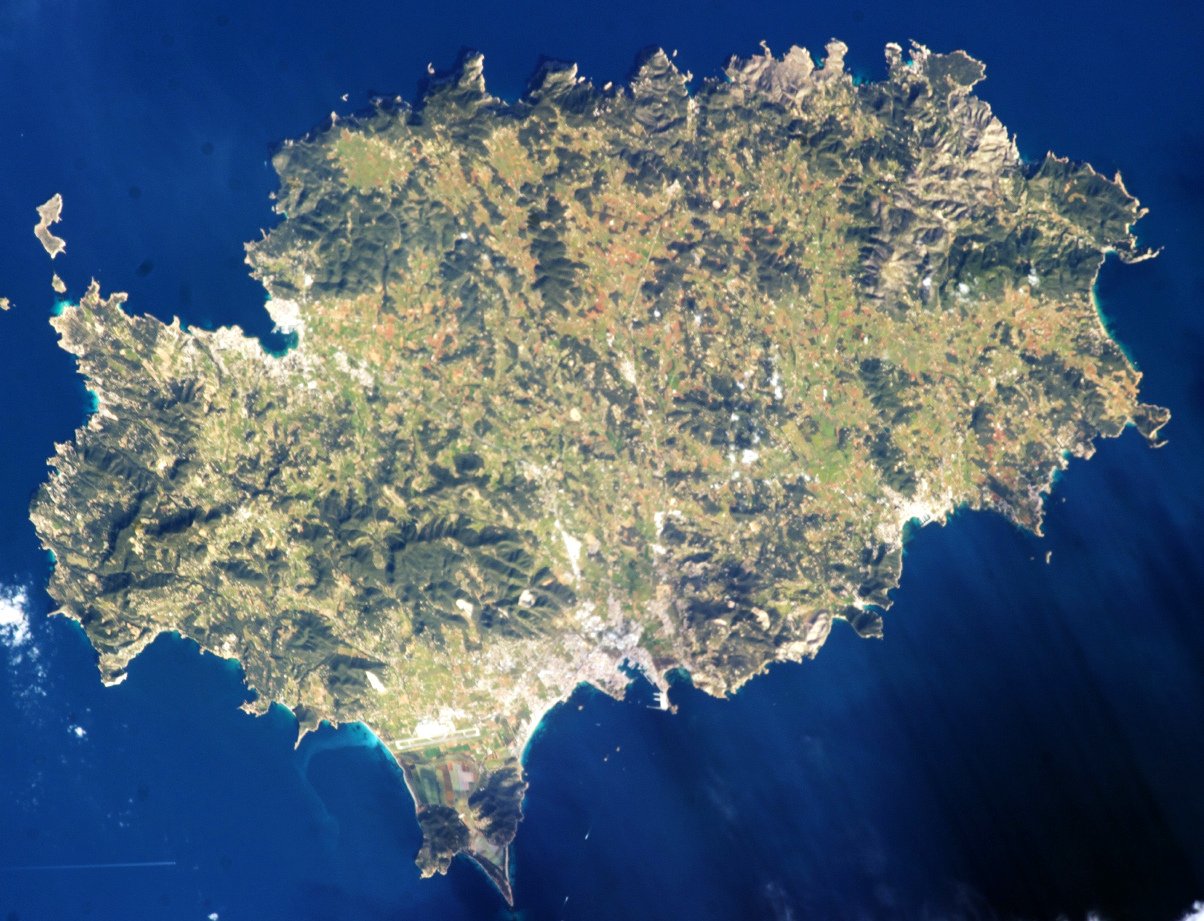Ibiza is a Spanish island located in the Mediterranean Sea, off the eastern coast of the Iberian Peninsula. It is the third largest of the Balearic Islands. The island is known for its vibrant nightlife and electronic dance music club scene, which attracts many tourists during the summer. Ibiza is also recognized as a UNESCO World Heritage Site.
The official name of the island in Catalan is Eivissa, while in Spanish it is called Ibiza. The Greeks referred to Ibiza and the nearby island of Formentera as the Pityoûssai or “Pine-Covered Islands.” In the past, the British and the Royal Navy referred to the island as Ivica.
Phoenician settlers established a port on Ibiza in 654 BC. It came under the control of Carthage after the decline of Phoenicia. Ibiza played a significant role as a trading post in the Mediterranean and maintained its own trading stations on nearby islands. During the Second Punic War, Ibiza remained loyal to Carthage but eventually negotiated a favourable treaty with the Romans, which allowed it to preserve its institutions and traditions.
After the fall of the Western Roman Empire, Ibiza was conquered by the Muslims in 902, and the local population converted to Islam. In 1235, the island was conquered by the Crown of Aragon, and the Muslim population was deported. Ibiza maintained its own self-government until 1715 King Philip V of Spain abolished its autonomy. With the arrival of democracy in the late 1970s, Ibiza became part of the Balearic Autonomous Community.
Geographically, Ibiza is a rock island with an area of 572.56 square kilometres (221.07 square miles). It is part of the Balearic Islands and is situated in the Balearic Sea. The island’s highest point is Sa Talaiassa, also known as Sa Talaia or Sa Talaia de Sant Josep, which reaches an elevation of 475 meters (1,558 feet).
Ibiza is administratively part of the autonomous community of the Balearic Islands, with Ibiza Town serving as its capital. The island has a hot semi-arid climate, bordering on a hot-summer Mediterranean climate. The average annual temperature is 18.3 °C (65 °F), and the climate is characterized by warm, sunny, and dry conditions.
The population of Ibiza has experienced rapid growth, with the number of inhabitants increasing from 88,076 in 2001 to an estimated 147,914 at the beginning of 2019. The island is known for its multicultural environment, with a mix of residents and tourists from various countries. The native language spoken in Ibiza is Eivissenc, a dialect of Catalan, but other languages such as Spanish, English, French, German, and Italian are also widely spoken due to the influence of tourism and expatriates.
Ibiza is a popular tourist destination, particularly for its vibrant nightlife centred around Ibiza Town and Sant Antoni. The island is often referred to as the “Party Capital of the World.” Ibiza’s club culture originated from hippie gatherings held during the 1960s and 1970s and has evolved over the years. In addition to its nightlife, Ibiza offers beautiful beaches, cultural attractions, and outdoor activities for visitors to enjoy.




